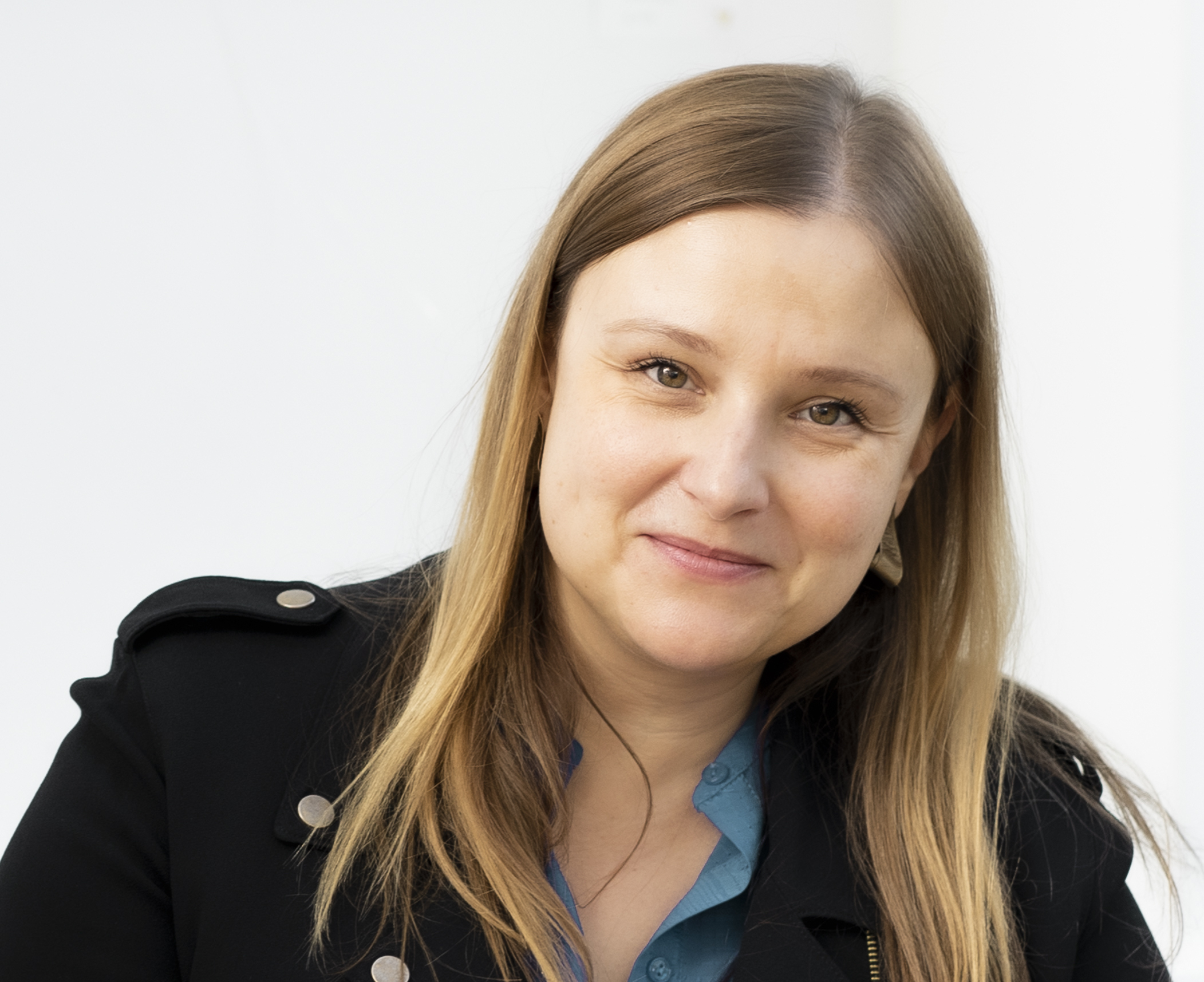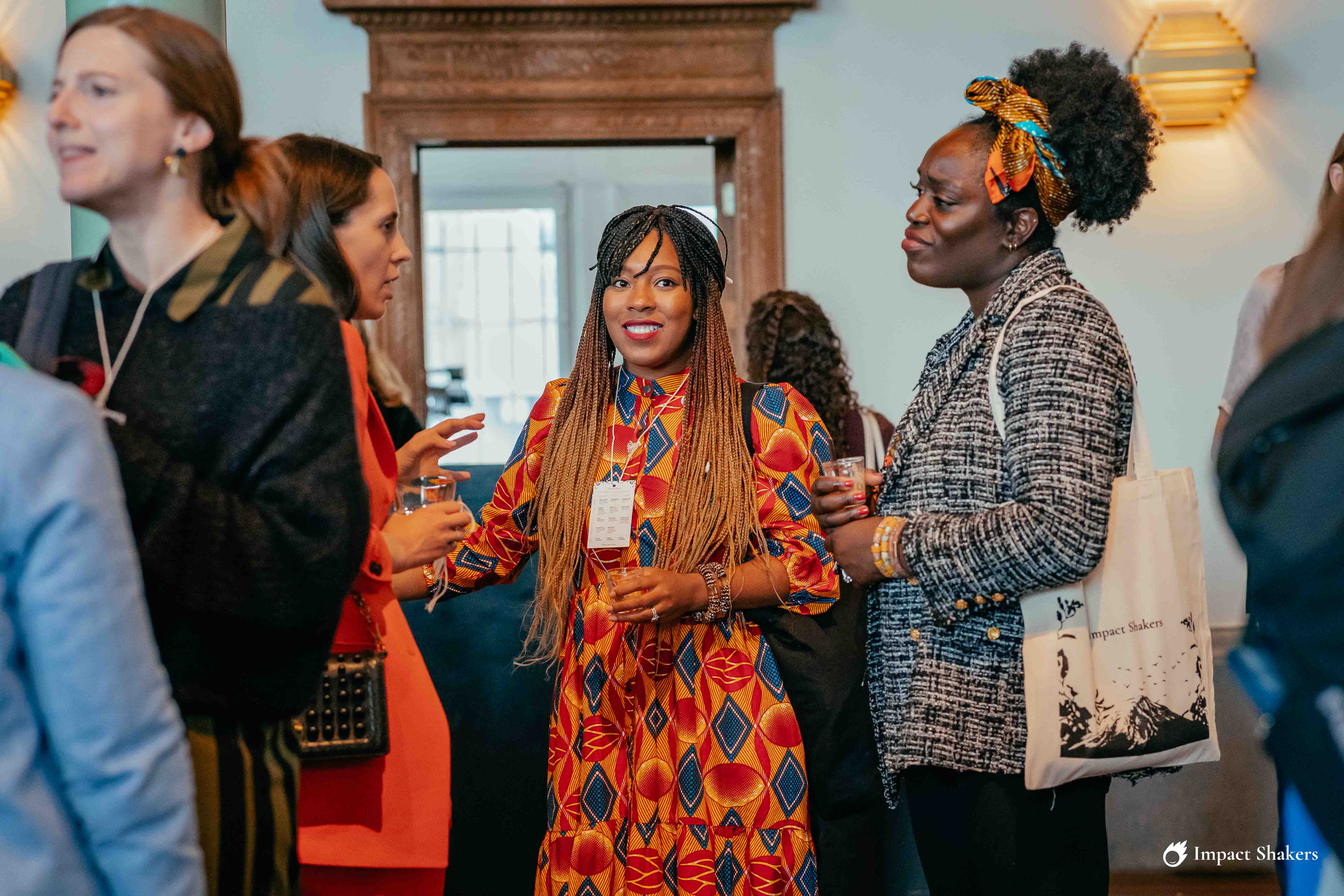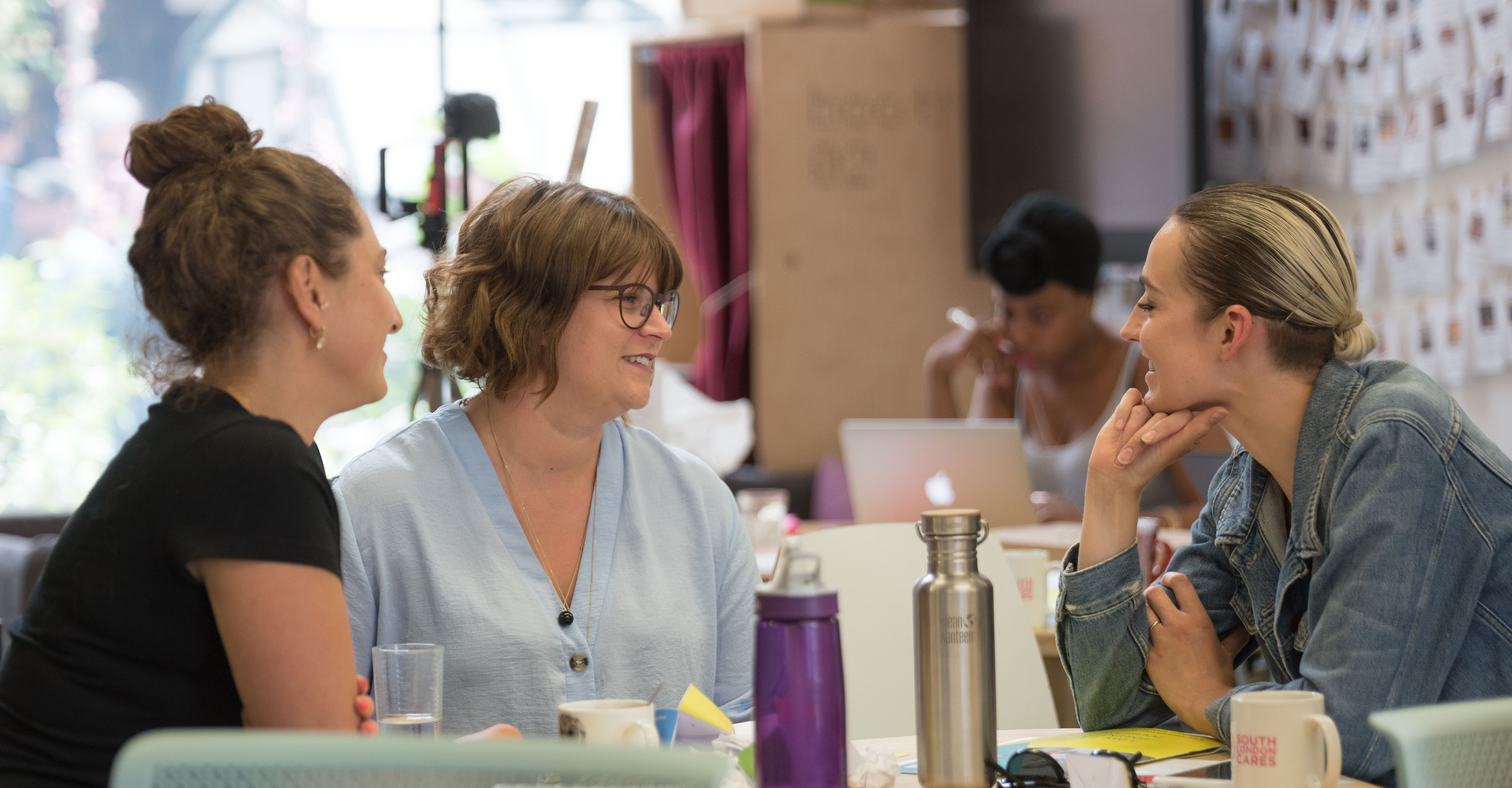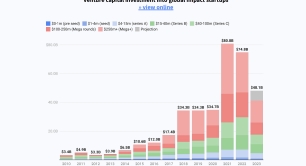Impact accelerators in Europe: three trends to watch for 2024
Research by Impact Shakers suggests the number of European startup accelerators that are focused on impact has doubled in just a few years. While they're diverse in geography, approach and focus, three common themes have emerged.
 Demand for startup accelerators that are focused on impact has grown, and they are now scattered all across Europe offering participating companies benefits that include mentoring, investment, and key connections in their industry.
Demand for startup accelerators that are focused on impact has grown, and they are now scattered all across Europe offering participating companies benefits that include mentoring, investment, and key connections in their industry.
‘Impact’ as a vertical can cover almost any industry, but the engaged businesses have something in common: they are all part of a bigger effort to cultivate a positive social, ecological and economic impact that not only benefits those involved but the entire community.
In 2021, Impact Shakers published a first ‘Impact Accelerator Report’, sharing insights into the state of impact acceleration in Europe. In recent months we have been updating our research as we prepare to release a new report in 2024. Here are three emerging trends we’ve identified that offer important insights, while reflecting a broader shift in the economy towards sustainability and inclusion.
- Read our columnist Kelly Bewers: Incubated or irritated? How not to run a startup support programme for women
1. The ‘gender lens’ approach is more like a kaleidoscope
A positive general trend we’re seeing is that many accelerators are actively striving to foster an inclusive atmosphere that values and embraces various perspectives. They recruit mentors and advisors from diverse backgrounds, provide scholarships, and establish mentorship networks that span across different demographics.
The gender lens approach – in other words, integrating a gender perspective in design and delivery – is in reality more like a kaleidoscope, because there are very different ways to address gender aspects in an accelerator.
- Read our Impact 101: What is gender-lens investing?
There are programmes working exclusively with female entrepreneurs, like The Female Founders Fellowship by Station F, and Greentech Europe by Village Capital, an accelerator supporting women-led sustainability innovation.

Marta Zaccagnini, programme manager for Europe at Greentech Europe, says the decision was made early on to focus solely on women founders. “Women-led companies have 63% higher returns and achieve 56% better operating results than male-led teams, and we need those of them working on the green transition to succeed as time is running out for new solutions to come to market.” Zaccagnini says the current VC system isn't fit for purpose – it overlooks founders who aren't networked into the predominantly white and male investment industry. “That's why our team is laser-focused on building a community of supporters and funders to help close the gender financing and resource gap across Europe.”
Marta Zaccagnini says the current VC system overlooks founders who aren't networked into the predominantly white and male investment industry
Other programmes focus on long neglected issues that only or mostly affect women. These include femtech accelerators like Femtech Lab and Accelerating Femtech by DigitalHealth.London. Some of them work solely with female-founding teams, while others accept any demographic and focus their gender lens only on the issue being tackled.
2. Diversity goes far beyond gender
There is growing recognition within the startup ecosystem of the importance of diversity and inclusion beyond gender issues. Accelerators, which play a pivotal role in nurturing and scaling early-stage companies, are not untouched by this paradigm shift, and many are now actively working to support founders of colour or founders with a migration background. This shift represents a meaningful step toward a more equitable and inclusive entrepreneurial landscape.
One of the key challenges faced by founders of colour has historically been limited access to resources, networks and funding. A number of programmes specifically focus on black founders, such as Foundervine, which among others offers its 12-week Barclays Black Founder Accelerator. According to Extend Ventures, only 38 black entrepreneurs in the UK received funding via venture capital in the decade from 2009 to 2019. Black Valley considers that the UK's startup ecosystem is failing these entrepreneurs; its programme addresses this issue by combining access to ‘social capital’ (in other words, networks) and funding.
This shift represents a meaningful step toward a more equitable and inclusive entrepreneurial landscape
By fostering an environment that is sensitive to the unique challenges faced by underrepresented entrepreneurs, these accelerators help bridge the gap and empower founders of colour to realise their business visions. Founderland supports female founders of colour in Europe and the UK; as it says, “less than 0.5% of Europe’s venture capital funding goes to women of colour founders and we want to change that”. Meanwhile The Migrant Accelerator in the DACH region focuses on the challenges faced by migrants establishing a business. As with most programmes focused on minority founders, it’s sector-agnostic and free.
Some accelerators work on diversity by baking this approach into all their activities. Such is the case for Bethnal Green Ventures (BGV), which organises the Tech For Good Programme. The programme works as an entry point to their portfolio and BGV’s impact primarily resonates through the diverse group of founders they support, and their constant efforts to track diversity and inclusion.
Quoting directly from their Diversity and Inclusion at BGV 2023 report: “Each year we survey our portfolio ventures and team (...) These surveys cover a wide range of metrics. We analyse this data and report on it annually. We also benchmark ourselves for accountability and context. Working towards a fairer and more representative investment ecosystem is deeply important to us, so we compare our data against the population, rather than industry, benchmarks”.

Also in the UK, Hatch supports “underrepresented entrepreneurs to imagine, launch and grow sustainable and impactful businesses through tailored support, community and partnerships”. Hatch approaches diversity from an intersectional perspective, as we do at Impact Shakers.
In essence, these accelerators are not just levelling the playing field: by addressing the lack of diversity, they position themselves to support a broader range of perspectives and ideas which leads to unlocking the full potential of the startup ecosystem.
3. Environmental impact exceeds social impact
Alignment with the Sustainable Development Goals remains very unbalanced: the climate-related SDGs are clearly more popular among impact accelerators than others. As pointed out in our 2021 accelerators report, goals like peace and justice (SDG 2), no poverty (SDG 1), and partnership (SDG 17) are less represented than goals like climate action or affordable and clean energy.
From big names with origins in the USA, like Techstars Sustainability Paris Accelerator, to accelerators bred in Europe, like Hungary's WAVE, environmental impact remains the most prominent theme in European accelerators, with a particular focus on startups addressing climate change, sustainable energy and environmentally responsible practices.
When it comes to specific environment-related topics we find acceleration programmes co-created with different types of organisations including foundations, the European Commission or traditional accelerators moving into impact. This sector-specific approach reflects developments in the impact landscape more broadly, where we are also seeing more collaboration, and it enables accelerators to enhance their support and deliver targeted value to the startups they work with.
Such is the case of Blue Bio Value Ideation 2023 in Portugal, promoted by Oceano Azul Foundation and Calouste Gulbenkian Foundation and implemented by MAZE Impact in collaboration with BlueBio Alliance. It is in this niche where mentors can come in handy, to bring unique industry-specific insights and a network for potential business partnerships.
G Force is powered by Founders Factory and combines capital with support and access to EU sustainability grants. Their focus on climate is specific and tackles several issues: decarbonising the grid, fixing food and agriculture, electrifying transportation, cleaning up industry and buildings and protecting nature and removing carbon.
The EIT Accelerators are thematic, EU-funded programmes focusing on specific challenge areas of the European Institute of Innovation and Technology such as urban mobility (eg the Better Mobility Accelerator), the future of food (RisingFoodStars), climate change (ClimAccelerator), raw materials (RawMaterials Accelerator) and health (EIT Health Bootcamps).
The majority of the new impact accelerators have environmental issues at their core. We obviously need more solutions in this space, but if the imbalance of available support becomes too significant, it will be essential to integrate a social lens into environmental issues. And we cannot ignore that potential solutions to these intertwined issues may be complex.
Too much of a good thing?
In our report of 2021 we identified over 100 impact accelerators – but our update for 2024 looks set to have over 200. So, do we have too many impact accelerators?
We believe that with today’s toolkits for impact far from complete, there is still room for accelerators to tackle issues related to a more sustainable and inclusive world. This doubling of the number of impact accelerators is a positive signal that actually more people and businesses are convinced of the role business has to play in a polycrisis world.
Impact accelerators allow us to challenge our understanding of how to best deploy our assets, and reconnect with a deeper meaning of how capital can be used to serve society.
- Yonca Braeckman is founder and CEO of Impact Shakers. This feature is produced in partnership with Impact Shakers.
Photo credits: Impact Shakers; Hatch Enterprise
Thanks for reading Pioneers Post. As an entrepreneur or investor yourself, you'll know that producing quality work doesn't come free. We rely on our subscribers to sustain our journalism – so if you think it's worth having an independent, specialist media platform that covers social enterprise stories, please consider subscribing. You'll also be buying social: Pioneers Post is a social enterprise itself, reinvesting all our profits into helping you do good business, better.




